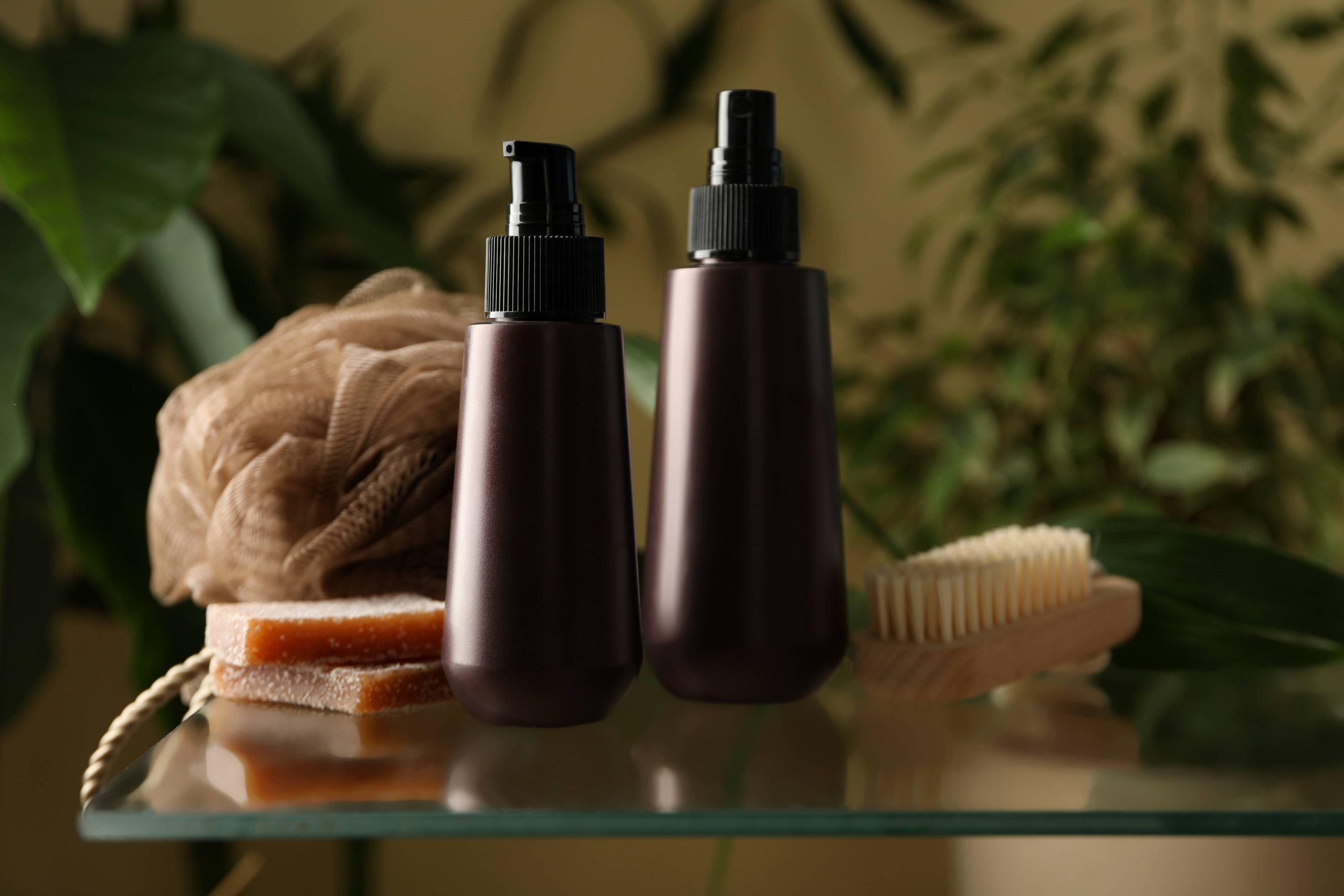
In the ever-evolving world of hair care, the quest for luscious locks often leads us down varied paths. One such path involves the hormone HGH, or Human Growth Hormone. Though it’s more commonly associated with overall growth and aging, its role in hair growth is gaining attention. As a beauty blogger dedicated to all things hair, I’m here to dissect this topic and answer some of the most frequently asked questions about HGH and its potential impact on your hair growth journey.
1. What is HGH and How Does It Affect Hair Growth?
Human Growth Hormone, or HGH, is a naturally occurring hormone produced by the pituitary gland. Its primary function is to spur growth in children and adolescents, but it’s also vital for regulating body composition, muscle and bone growth, fat metabolism, and even heart function in adults.
When it comes to hair growth, HGH plays a supportive role. It stimulates the liver to produce Insulin-like Growth Factor 1 (IGF-1), which has been shown to help in the stimulation of hair follicle growth. While HGH itself is not a direct solution to hair growth, it helps create an environment conducive to healthy hair by supporting overall cell growth and repair, which are essential processes for vibrant hair health.
2. Can HGH Really Promote New Hair Growth?
The relationship between HGH and new hair growth is not entirely straightforward. While HGH isn’t a magical cure for hair loss, studies suggest it can have beneficial effects on hair health. The influence of HGH on hair is mainly through its effect on the cells that make up the hair follicles.
By bolstering cell division and enhancing the longevity of hair follicle cells, HGH can potentially slow down the aging process of hair and reduce hair thinning. Thus, while HGH alone may not suddenly sprout new hair follicles, it can reinforce the structure and resilience of existing hair. Those suffering from hair thinning may notice a denser, fuller appearance of hair with optimized HGH levels.
3. Is HGH a Proven Solution for Hair Loss Due to Aging or Hormonal Changes?
Hair loss due to aging or hormonal changes, such as menopause or androgenetic alopecia, often draws individuals to HGH as a prospective remedy. Although HGH therapy may improve general scalp health and hair thickness, it should not be seen as a stand-alone cure for significant hair loss conditions.
The science linking HGH with direct treatment for age-related or hormonal hair loss is not conclusive. The hormone therapy involving HGH must be carefully monitored because improper use can lead to adverse effects. Always consult with healthcare professionals before considering HGH as a treatment for hair-related concerns. A comprehensive treatment plan, often including minoxidil or finasteride alongside lifestyle changes, achieves better results than relying solely on HGH.
4. What Are the Risks Involved with Using HGH for Hair Health?
While the appeal of HGH in hair care can be tempting, especially in an era of quick fixes and miracle treatments, it’s crucial to tread cautiously. HGH therapy is associated with several potential side effects, particularly when used without medical supervision.
Common risks include joint and muscle pain, edema (swelling caused by fluid in your body’s tissues), insulin resistance, and even an increased risk of certain cancers. Furthermore, counterfeit HGH products are widespread, posing even greater health risks. Given these potential dangers, HGH treatment should be pursued only under the guidance of a licensed healthcare provider.
5. Are There Alternative Ways to Boost HGH Levels Naturally for Hair Growth?
For those seeking to leverage the potential benefits of HGH for hair growth without the accompanying risks of synthetic hormone therapy, there are several natural ways to optimize hormone levels.
a. Exercise Regularly: High-intensity exercise, strength training, and even shorter, more intense bursts of physical activity are shown to boost HGH levels.
b. Quality Sleep: Since most of the body’s HGH is released during sleep, ensuring 7-9 hours of quality rest each night is paramount for maintaining its optimal levels.
c. Nutrition: A balanced diet rich in amino acids can naturally stimulate HGH production. Foods like turkey, chicken, dairy, eggs, nuts, and seeds are incredibly beneficial. Proteins are particularly important as they provide the building blocks (amino acids) for HGH production.
d. Fasting and Intermittent Fasting: While not suitable for everyone, some studies indicate that fasting and intermittent fasting can naturally increase HGH production. However, it’s essential to approach fasting healthily and sustainably, preferably under professional guidance.
Final Thoughts
In conclusion, while HGH offers intriguing possibilities in the realm of hair health and longevity, it’s far from a panacea. Among the swirl of treatments and solutions in the hair care universe, the best strategies prioritize sustainable health and holistic methods. If you’re considering HGH, let it be part of a broader strategy emphasizing nutrition, exercise, stress management, and medical guidance.
The quest for healthy, thriving hair is more than just a pursuit of beauty—it’s a journey towards a healthier lifestyle. Engage with your hair care regimen intelligently and patiently, and your locks will likely reflect your diligent care. Always stay informed, consult professionals, and you’ll navigate the path to beautiful hair with confidence and flair.
